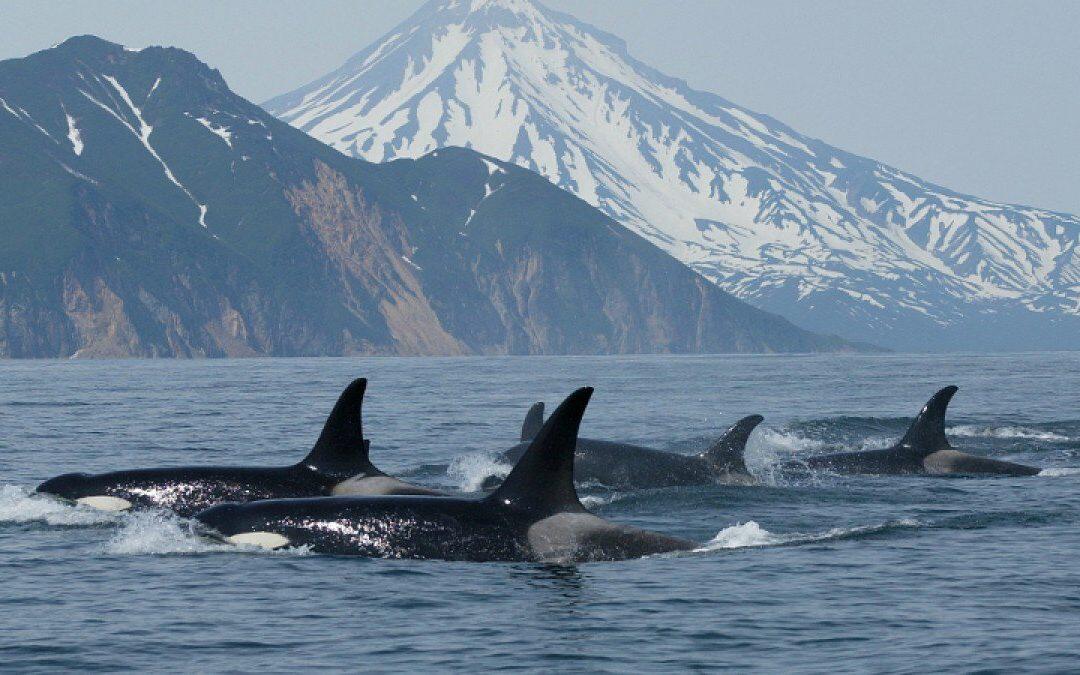Extensive genetic study explores the origin of the Orcas and their ability to learn.
A study published this week offers one of the first examples of how culture can be transmitted from generation to another in species other than homo sapiens. Humans are not the only ones capable of changing their biology through learning manners and ethics from their parents.
The study focuses on killer whales, the largest dolphins and one of the most intelligent and social mammals.
Researchers from seven countries have studied the genome of 50 individuals from five populations distributed across the Pacific, the Arctic and Antarctica. Orcas are versatile and skilled hunters in very specific niches.
Some groups have learned to live only in a very limited area of the North Pacific, while others move in much larger areas of the ocean to meet with other marine mammals, barely interacting or compete.
The results of the study suggest that the ancestors of all whales lived there for about 250,000 years. Since then, these mammals have spread in every ocean, from the Arctic to the Antarctic, adapting to each environment, “a very rapid diversification comparable to that of modern human calendar,” says the study.
The study shows that, like humans, orcas also have a long period in which parental learning is a key element in their lives.
The work emphasizes that such results suggest finding new species in which the culture can be transmitted from one generation to the other.











